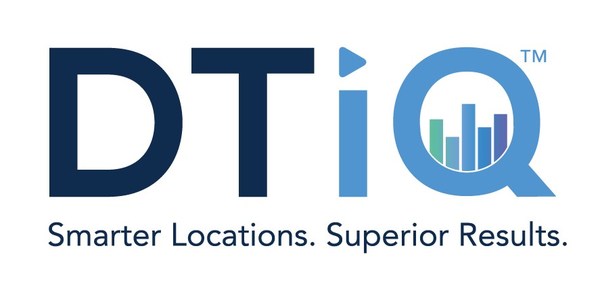A report by communications and customer engagement platform provider Twilio explains that the cost-of-living increase has given way to new consumer behaviors and expectations. The report which was done in collaboration with Professor Andrew Stephen and the Said Business School, University of Oxford reveals speed is no longer the only expectation—expertise and human connection are just as important.
Data from over 8,700 people across Europe has revealed that these new norms will put increased pressure on businesses to connect with their customers in meaningful ways.
The ‘E3 formula’ of Efficiency, Expertise, and Emotion is now seen as the new building blocks of customer experience, which currently is facing rapid changes with help from the pandemic, economic uncertainty, and rapidly advancing technology.
The E3 elements must be on hand for organizations to succeed in the current economic climate. It must be personalized according to individual needs, and build long term trust and improve customer relationships at every stage of the lifecycle.
Speed is Not Always of the Essence
The findings of ‘The Relationship Economy: Customer Engagement in the Digital era’ underpin how customers’ desire for efficient service has not diminished, with 25 per cent of respondents still citing this as their key priority. The success of rapid delivery options and one-click shopping are testament to this pillar of convenience remaining front of mind.
However, to truly prosper, speed should not be the sole focus for any business. Against the backdrop of a challenging economic climate, the data makes it clear that building lasting customer trust and ongoing loyalty is about more than mere speed.
Alongside the quarter who crave efficiency, 24 per cent and 25 per cent respectively reported expertise and attitude—or emotional connection—as their main priorities. Brands must therefore go beyond just speed and invest in technology to support all three pillars. This balancing act can be augmented through personalization, whereby the options for getting in touch are tailored to the needs of the individual in a defined context. In the relationship economy, strong customer connections only blossom when efficiency of response is not merely a knee-jerk first response, and instead is supported by expertise and emotional connection.
The Search for Expertise in a Relationship Economy
Information is easier than ever to access in the digital age, but consumers often have difficulty accessing the answers they need from businesses, which can create frustration and stress. The research supports this idea, revealing that knowledge-based tasks were consistently hardest to perform. Only 13 per cent found it easy to find the logistics partner for a purchase.
An engagement strategy that surfaces insights like these to consumers will help to free up the time of customer service agents, so they can concentrate on the more complex queries that do require a human touch.
Balancing the Human and the Digital Through Better Emotional Connection
Slower and more emotionally driven forms of engagement are crucial for businesses wanting to build longer lasting relationships, which will be sustained even when customers are facing pressures on discretionary spending. Organizations that thoughtfully engage with their customers on sensitive issues like finances will win their trust, which in turn will benefit their retention rates and profits.
Improved efficiency remains a useful benchmark in more transactional customer engagements, and ‘efficient service’ was a common reason to use a company again (39%) or recommend a brand to a friend (37%).
But for more complex or long-term interactions like ‘connecting with a community’ or ‘asking for product or service support’, consumers express the desire for human empathy. When asked whether they preferred digital or human interactions for these activities, 74 per cent and 69 per cent respectively stated a desire for human connection. Similarly, respondents cited a friendly service as the most popular reason for repeat purchases (42%), and recommending a brand (37%).
“Perhaps counterintuitively, the more digitally enabled businesses become, the more vital it is to adopt a human-centric approach in order to successfully acquire and retain customers,” said Andrew Stephen, Deputy Dean & L’Oréal Professor of Marketing at the Saïd Business School, University of Oxford.
UK Consumers Crave Emotional Connection, but Find it Harder to Make
Compared to the other countries surveyed, UK consumers are the only ones to find brands are now harder to reach than before, with nearly two fifths (39%) agreeing that this is the case compared to 25 per cent in Germany, and 27 per cent in France and Spain. In light of customer engagement challenges recently faced by the UK’s travel and energy industries, this hints at a broader perception issue for customer engagement in a post-pandemic environment.
But data suggests that this could be exacerbated by businesses taking too long to provide a response, with over a quarter of UK consumers (27%) citing this for their negative view. Concurrently, UK respondents said ‘friendly service’ was the most common reason to use a company again (44%). The interplay of efficiency and emotion again comes to the fore here.












